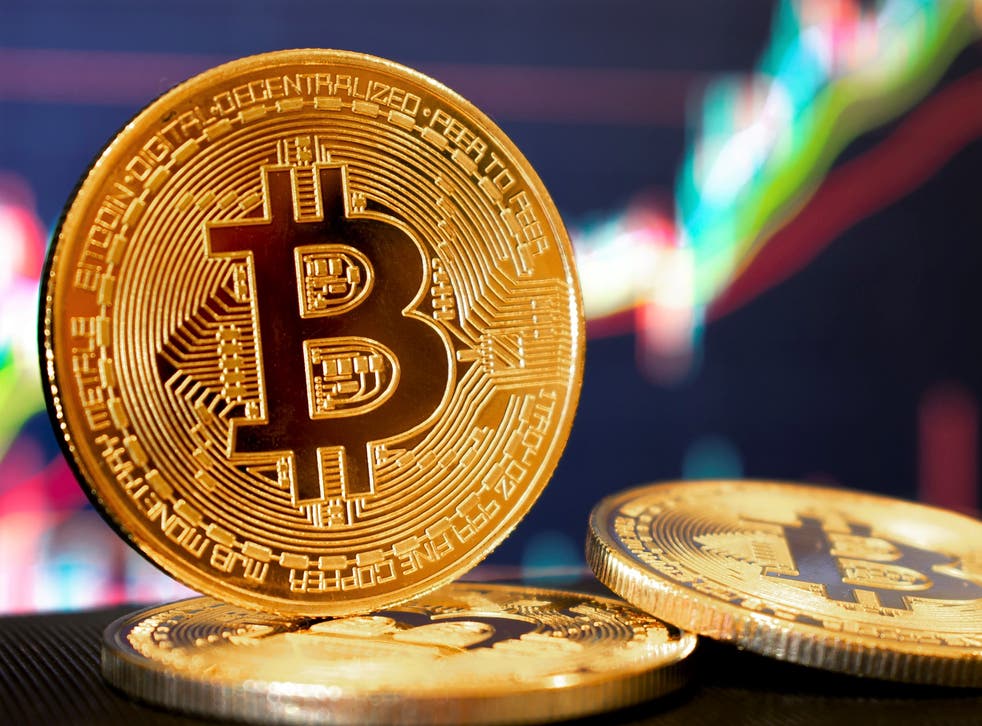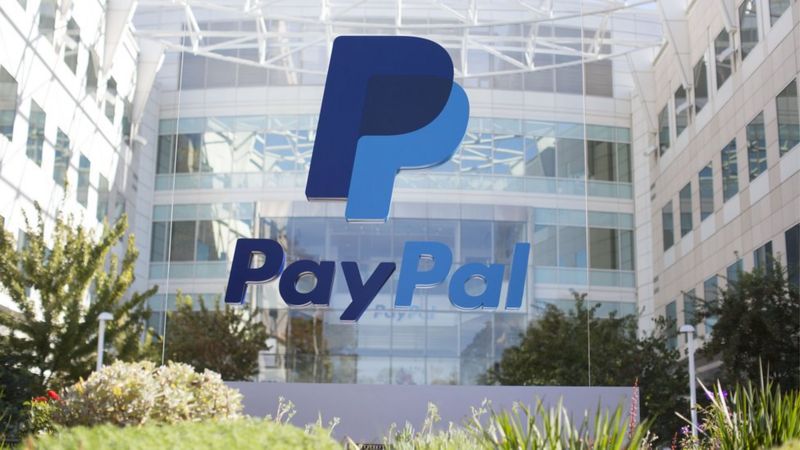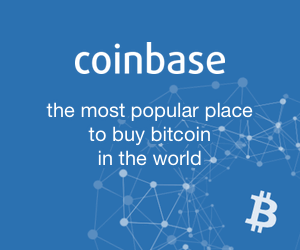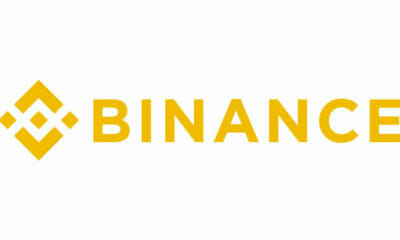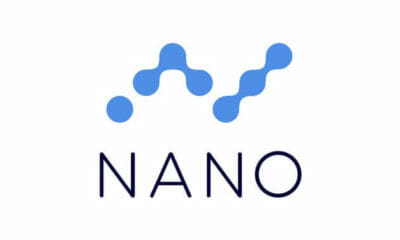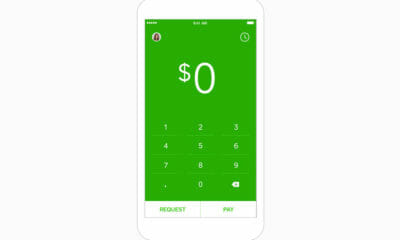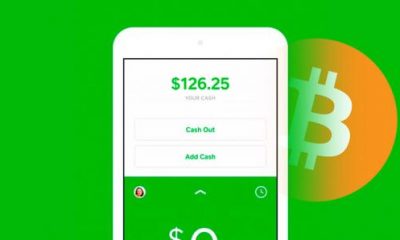In a bold move, the U.S. Commodity Futures Trading Commission (CFTC) has started to allow their employees to invest in cryptocurrency. The decision was handed down after the commission’s ethics office received many inquiries on whether or not cryptocurrency trading was “permissible.”
According to the initial story by Bloomberg, the policy was distributed through a February 5th, 2018, memo from CFTC general counsel Daniel Davis. The policy defined cryptocurrency as commodities and as such are “permissible” to be traded like that of precious metals, barrels of oil, and other commodities. Although the agency took a surprising stance on trading, they did place some restrictions on employees stating they cannot trade on margin or any insider information throughout the course of their regulatory work.
Davis Said:
“In this environment, the situation is ripe for the public to question the personal ethics of employees engaging in cryptocurrency transactions,” “Please keep in mind that you must endeavor to avoid any actions creating the appearance that you are violating the law or government and commission ethical standards.”
It does appear that the CFTC is doing its best to keep a clean public image, citing employees are not allowed to deal in Bitcoin future contracts due to conflicts of interest.
The spokeswoman for CFTC Chairman J. Christopher Giancarlo, Erica Richardson said:
“The chairman has made it clear that staff members who own Bitcoin should not participate in matters related to Bitcoin, as it presents a conflict of interest,”
Cryptocurrencies were first defined as commodities back in 2014 by the CFTC in an effort to gain some regulatory control over digital assets. Currently, the CFTC has direct oversight of the U.S. cryptocurrency futures markets including investigating fraud and market manipulation.









